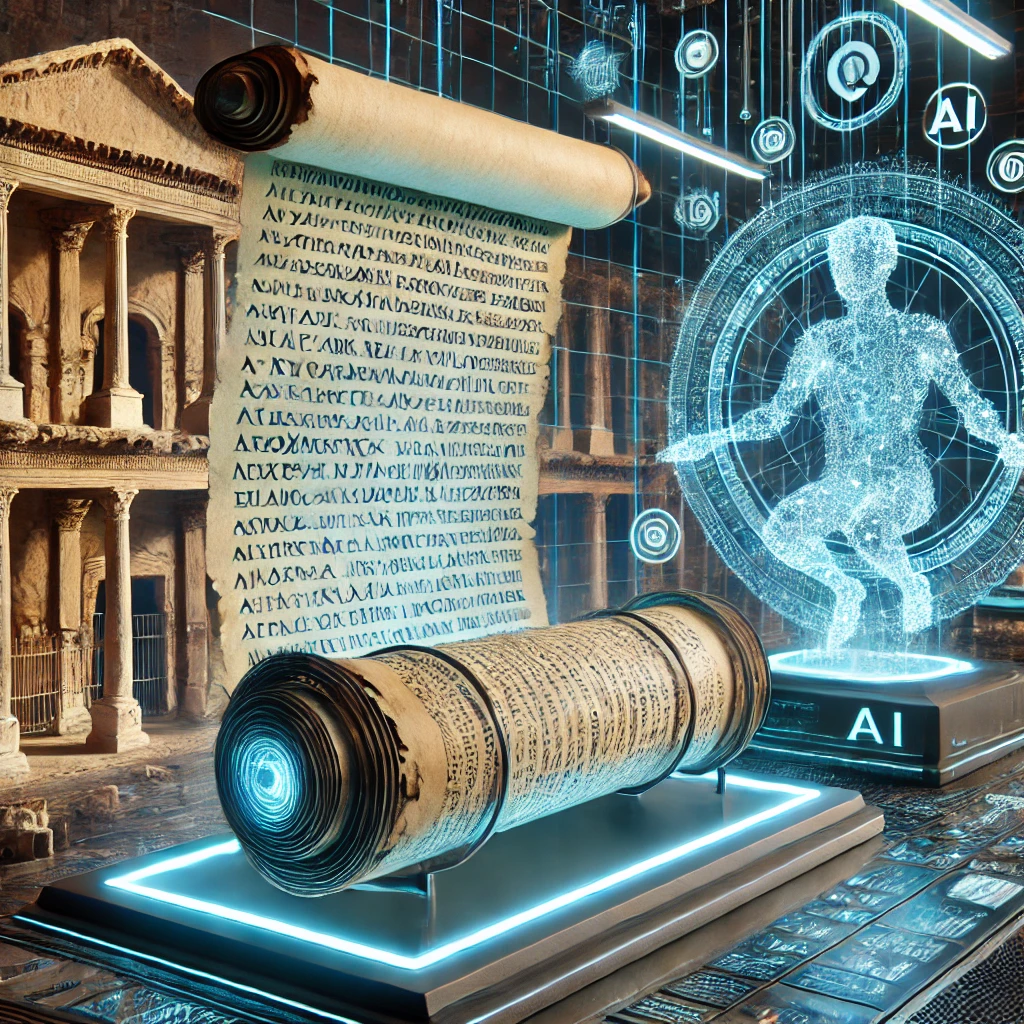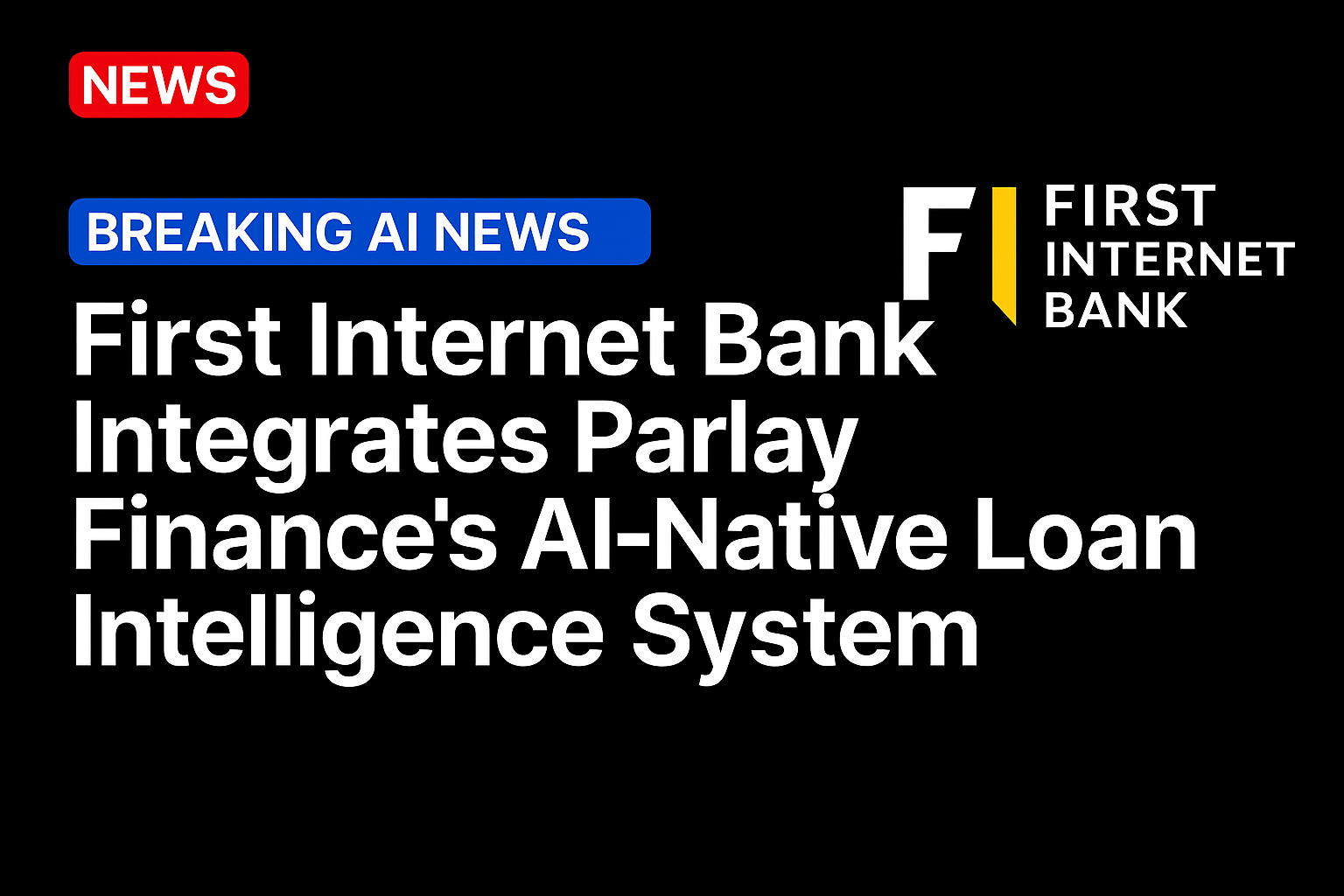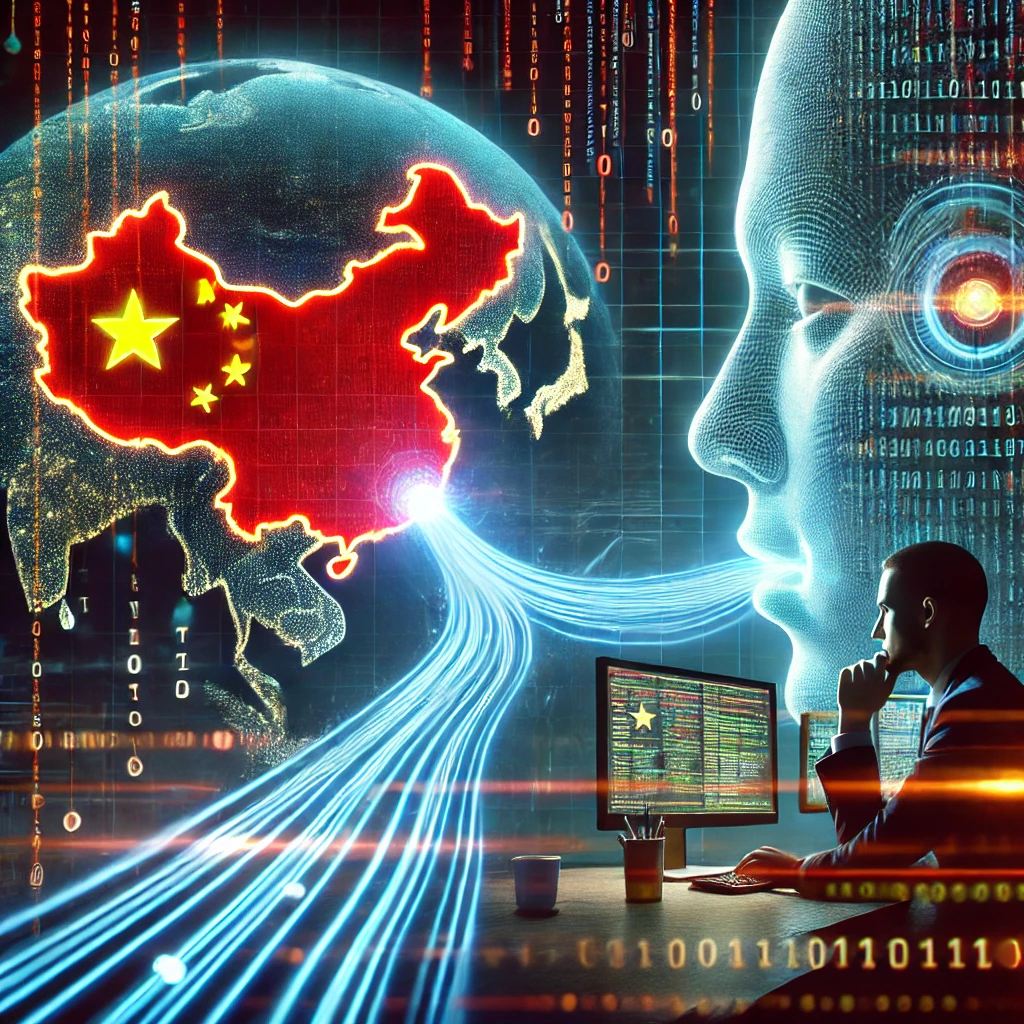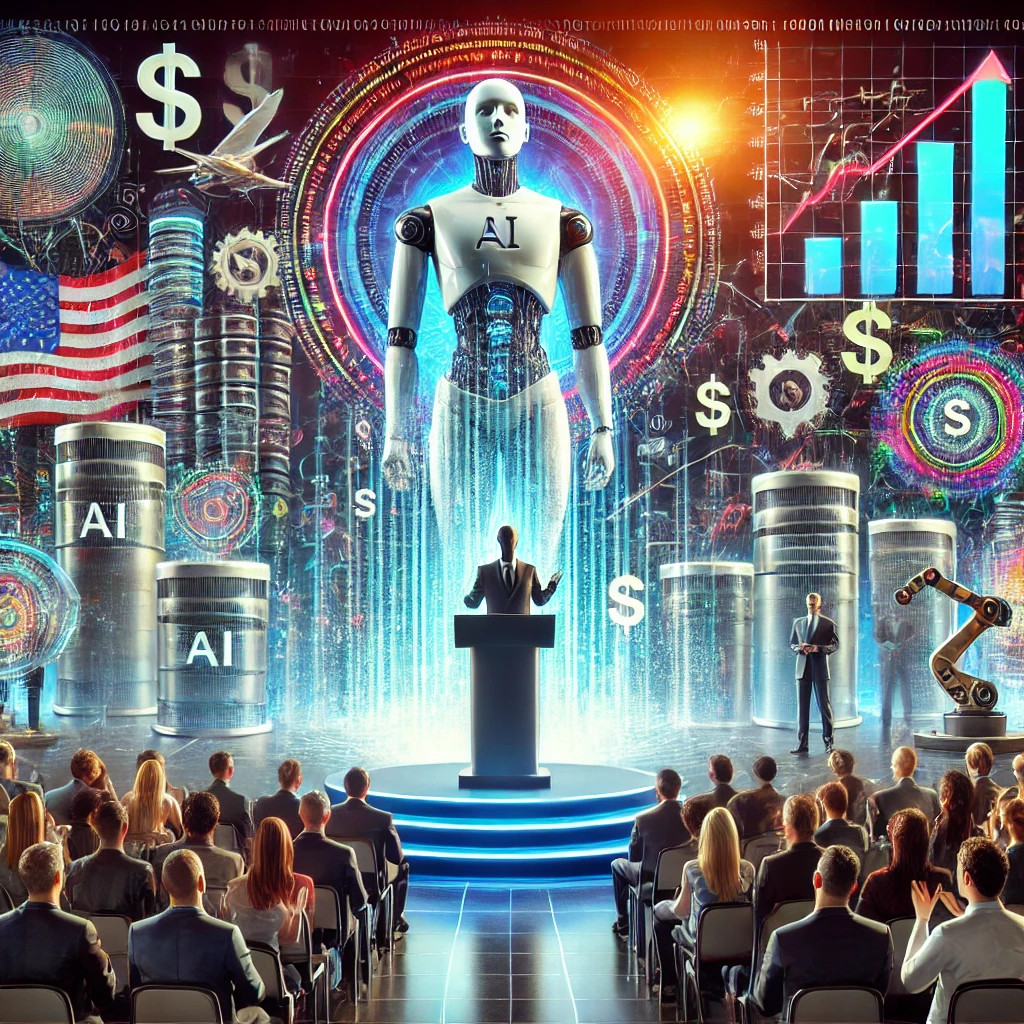Artificial intelligence has unveiled remarkable capabilities in 2024, reshaping how we interact with history. Among its groundbreaking achievements, AI has decoded the enigmatic Herculaneum scrolls, charred remnants from the eruption of Mount Vesuvius in AD 79. These fragile artifacts, long thought to be inaccessible, are now revealing secrets of ancient Rome and Greece.
Ancient Texts Meet Cutting-Edge Technology
Using high-resolution X-rays and AI algorithms, researchers in 2023 successfully identified over 2,000 characters from the scrolls. This marks the first time full passages from the carbonized papyri have been deciphered, a feat celebrated as a milestone in both technology and archaeology.
Recovered from what is believed to be the home of Julius Caesar’s father-in-law, these scrolls represent an unparalleled cache of knowledge about the classical world. The challenge lies in virtually flattening the documents and distinguishing the faded ink from the carbonized material to make the Greek and Latin script legible.
The Vesuvius Challenge
Launched to expedite the decoding process, the Vesuvius Challenge brought together computer scientists and historians to apply advanced AI tools. By the end of 2024, the team aims to unlock 90% of the texts from four scrolls. The project not only bridges technology and history but also demonstrates the potential of AI in preserving and uncovering cultural heritage.
A Future of Discovery
This achievement underscores AI’s “superpower” in transforming the impossible into reality. The same technology that unlocks ancient scripts is being applied across various fields, from medical diagnostics to climate modeling. AI’s ability to see beyond human limitations is redefining our understanding of the world, past and present.
The contents of the Herculaneum scrolls, now within reach, promise to enrich our understanding of antiquity while inspiring future collaborations between technology and the humanities. Through AI, the voices of the past are finally being heard.





